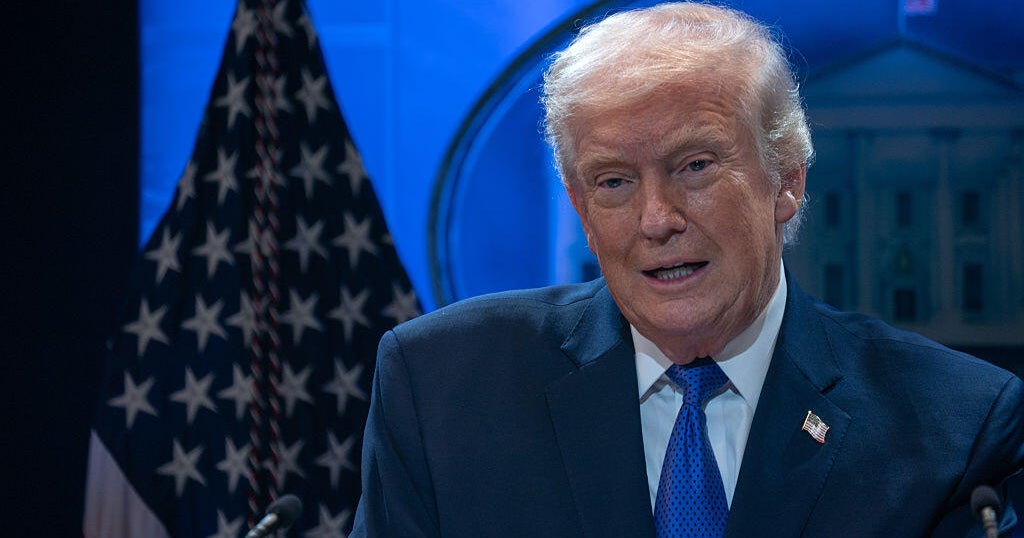U.S. sanctions Myanmar generals over mass killings of Rohingya
The United States has hit four top Myanmar generals, including the country's commander in chief and his deputy, with sanctions over the mass killings of Rohingya Muslims.
Secretary of State Mike Pompeo said in a statement Tuesday that the four are responsible for "gross human rights violations" involving extrajudicial killings in an ethnic cleansing campaign against the Muslim Rohingya minority in Myanmar's northern Rakhine state.
The sanctions bar those targeted and their immediate families from traveling to the United States.
The four men are: Commander-in-Chief Min Aung Hlaing, his deputy Soe Win, and two subordinates deemed responsible for the abuses.
Myanmar's military has been accused of widespread rights violations leading about 700,000 Rohingya to flee the country since August 2017. Critics have urged that its actions be judged by the International Criminal Court.
"We remain concerned that the Burmese government has taken no actions to hold accountable those responsible for human rights violations and abuses, and there are continued reports of the Burmese military committing human rights violations and abuses throughout the country," said the official announcement of the sanctions from the State Department. The U.S. government generally refers to Myanmar as Burma, the country's name before it was changed by a military regime in 1989.
A Myanmar military spokesman, Brig. Gen. Zaw Min Tun, said the sanctions constituted a blow against the entire military.
"As the Tatmadaw is an institution that is run by orders from top to the bottom, this sanction is meant to be not only against the top leaders but also against the whole Tatmadaw," he said, using the local name for the military.
Zaw Min Tun , a member of the military's special public relations outfit known as the Tatmadaw True News Information Team, said the military has been investigating incidents in Rakhine state since they were first reported. He said many investigative committees had been set up and action taken against some personnel.
"The international community and the U.S. should respect the judicial system of the Tatmadaw," he said.
The State Department statement cited the case of Min Aung Hlaing ordering the release of the soldiers convicted of the extrajudicial killings of Rohingya as an "egregious example of the continued and severe lack of accountability for the military and its senior leadership." It contrasted their fate with that of the two Myanmar journalists who exposed the killings and were jailed for 500 days before being pardoned.
The human rights group Fortify Rights, which has reported frequently on Myanmar, said on Twitter that the State Department action "alone is not sufficient but a step toward more justice and accountability."



